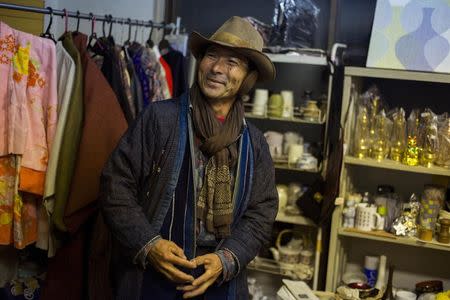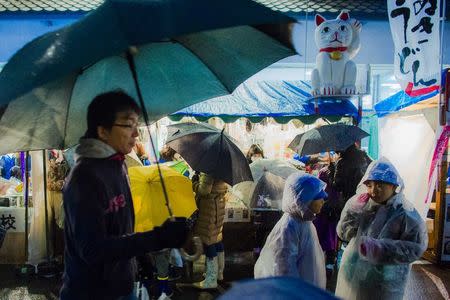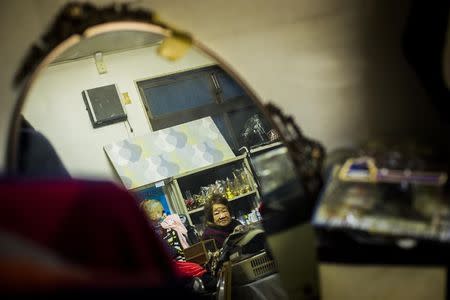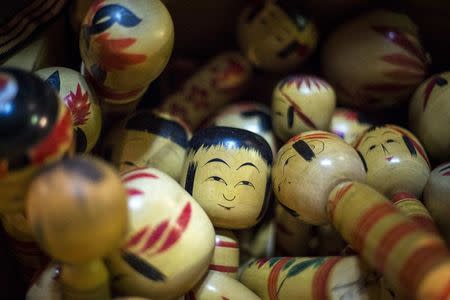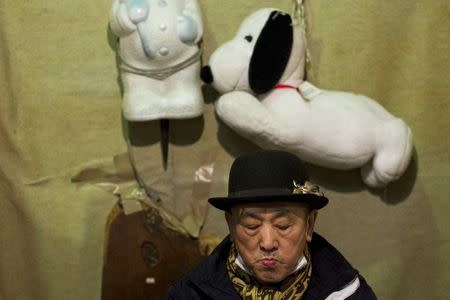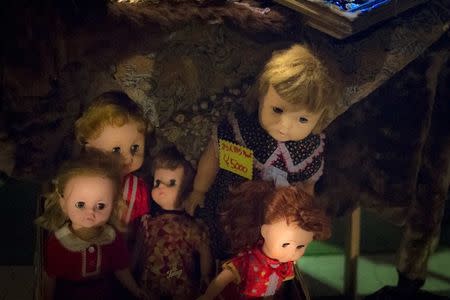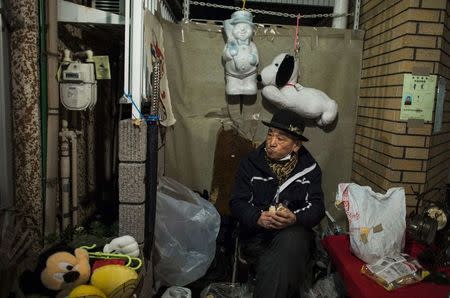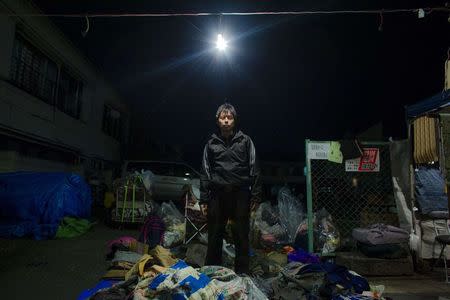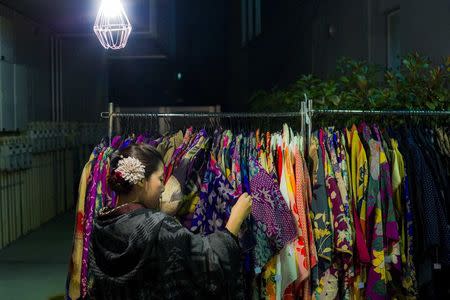Boroichi bargains provide cheer amid Japan's economic gloom
By Thomas Wilson TOKYO (Reuters) - "Irasshai, irasshai, irasshai!" The traditional welcome of merchants rings out around Tokyo's Boroichi flea market, one of Japan's oldest. About 200,000 people flock to the market, which is only open for four mid-winter days a year - two in December and two in January - to buy, browse, or just soak up the atmosphere. "The economy's in a bad state, but Boroichi's special," said Takashi Tsukahara, huddling in a heavy jacket as he touts a motley selection of watches and battered cigarette cases. "People get themselves something good to feel better." In the 16th century, Boroichi was a place for farmers to buy and sell rags, known as boro, for mending clothes and weaving sandals. Now in its 436th year, the original spirit lingers, with about 700 stands hawking fabric, used clothes and piles of rags. Others sell kitchen tools, pottery, seaweed and spices. Haggling is rare in Japan but bargain sales are common at Boroichi. Vintage kimonos in vermillion red and prints of cranes go for as little as 1000 yen ($9), often picked up by artisans who've spotted a modern use for the garments - as iPhone cases. Street festivals are a fixture in the calendar of many Japanese neighborhoods. Boroichi, in the backstreets of west Tokyo's Setagaya district, is packed with children, couples on dates and old-timers strolling with friends. "It's a place to hang out, as well as buy," said interior designer Junichi Isohisa, clutching a bag of tatty indigo shawls in one hand and an antler in the other. Food stands jostle with the junk sellers, and the smell of fried noodles and octopus dumplings hangs in the evening air. Warm amazake - a sweet concoction produced during sake brewing - provides sustenance in the cold. And, incongruously, a Turkish couple sells steaming kebabs packed into pitta bread. For Kazumoto Miyaoka, in his fifth year selling scraps of patchwork from a blue plastic tarpaulin, Boroichi's food may have changed, but the spirit stays the same. "The same customers come every year, they enjoy the bargains," he said. "I always remember a face, but never a name." (Editing by Tony Tharakan and Robert Birsel)

